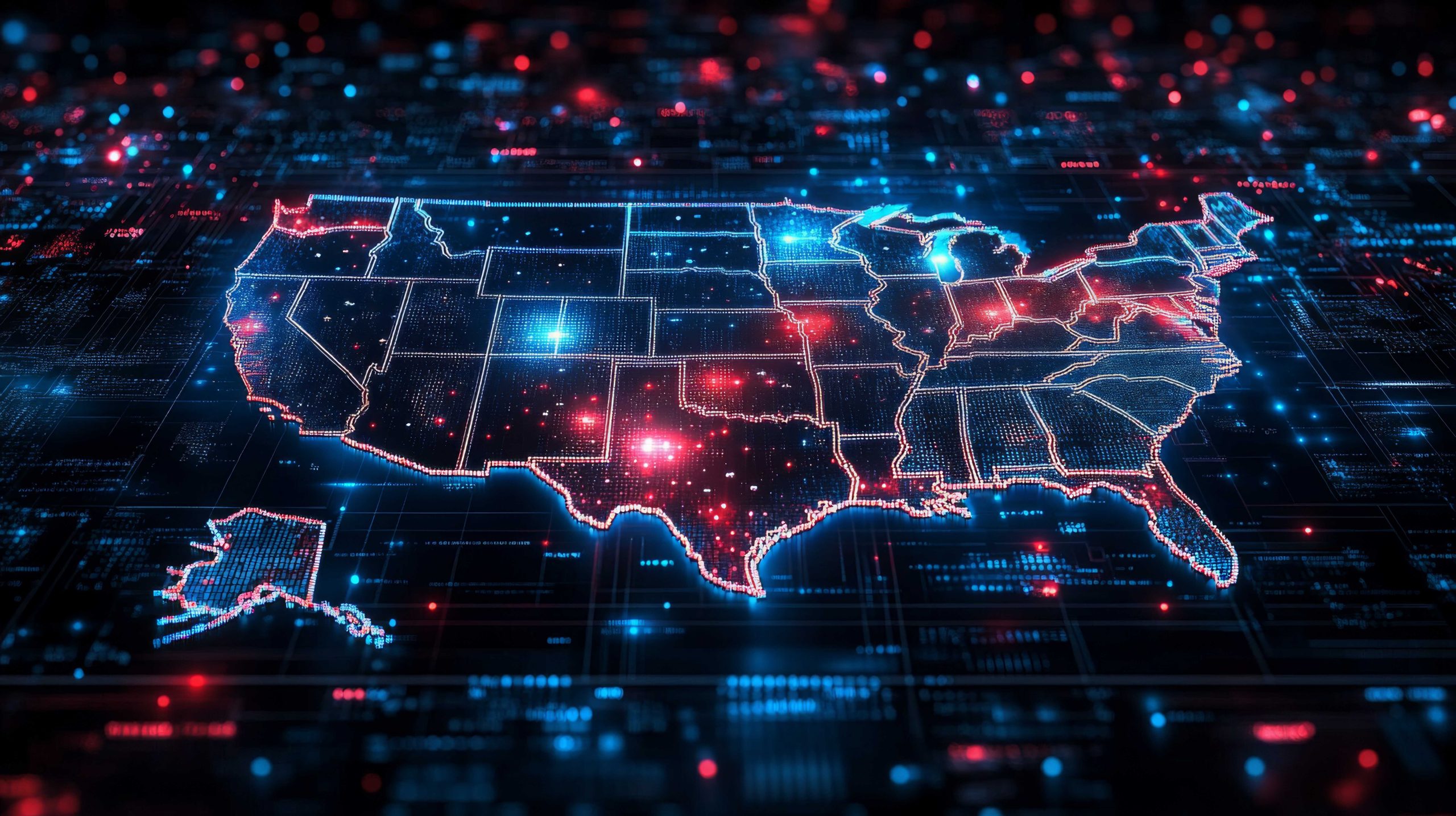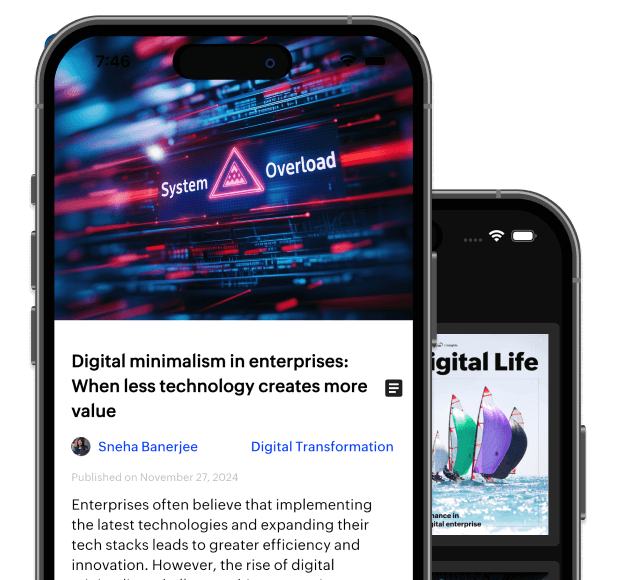The integration of AI into creative industries like art, music, and design is revolutionizing the way we approach creativity. AI, once perceived as a tool for data and automation, is now collaborating with human artists to produce works that challenge the boundaries of creativity.
AI offers exciting opportunities for artists and creators to enhance their work. From generating unique designs to composing music, AI is opening doors to new possibilities that blend human creativity with machine intelligence. This evolving collaboration allows artists to push beyond traditional limits, but it also comes with its share of challenges, especially around originality, ethics, and the transparency of AI-generated content.
As AI becomes more integrated into creative processes, ethical considerations like bias and transparency must be addressed. How do we ensure that AI-generated work maintains the integrity of original art on which its trained? What steps should we take to guarantee that audiences know when AI is involved in the creative process?
In this discussion, Helen Yu, founder and CEO of Tigon Advisory and a leading expert in AI, explores these questions and more. From technical skills creators need to the future roles AI will play, Helen shares insights into what the future of creativity could look like.
Agenda
-
Exploring AI’s role in art, music, and design
-
Ethical challenges: originality, transparency, and AI
-
How creators can upskill to collaborate with AI successfully
-
The balance between human creativity and machine learning
-
What the future holds: AI’s impact on creative roles











